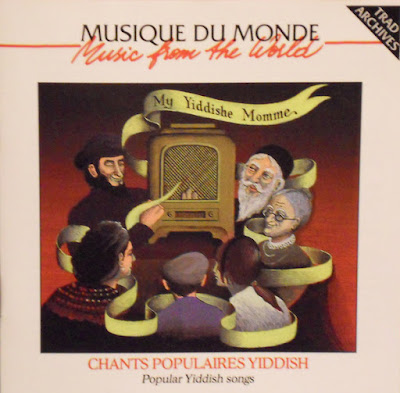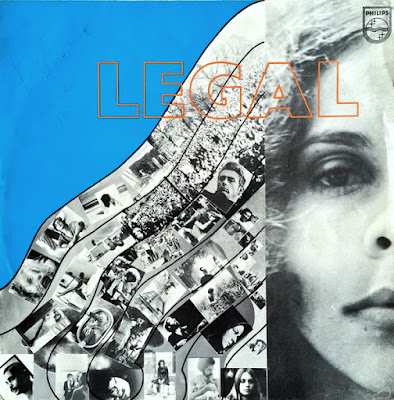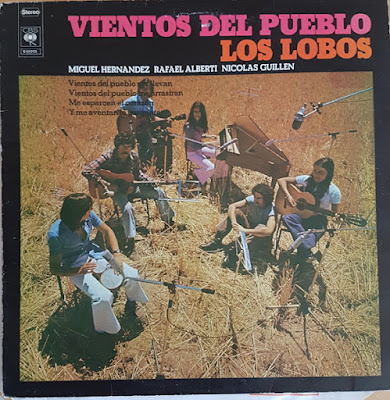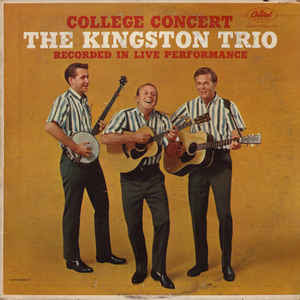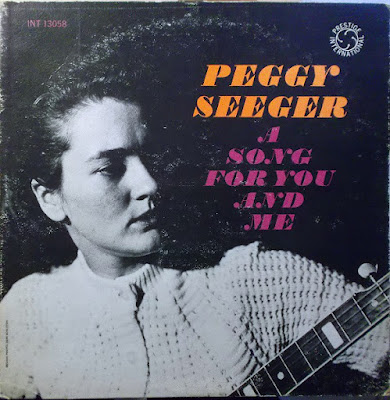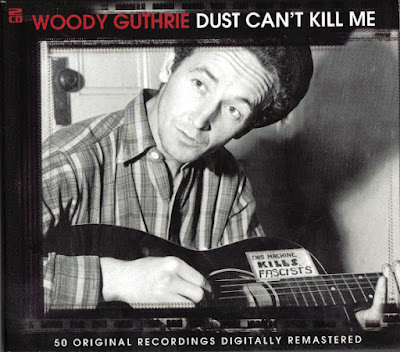The Critics Group, also known as The London Critics Group, was a group of people who met to explore 'how best to apply the techniques of folk-music and drama to the folk revival' under the direction of Ewan MacColl and Peggy Seeger, with some participation from Bert Lloyd and Charles Parker. Running for eight years from the mid-1960s to the early 1970s, it was not a conventional musical group or band as it had no permanent line-up. Members would perform with each other on an ad-hoc basis as situations demanded.
The group started out as a study group for singers, meeting once a week at MacColl and Seeger's home in Beckenham, attempting to raise the standards of singing. One of the main activities of the meetings was group criticism and discussion of each other's performances which subsequently earned the group its name, coined by Charles Parker when pressed for a name by a radio interviewer.
Many of the meetings were recorded, and some of these recordings are held as part of the Charles Parker Archive in the Birmingham City Archive and Heritage Service.
The group organised regular club nights at the Union Tavern in Kings Cross Road, which attracted musicians from all over the world. The best part of these evenings was often the 'lock-ins' which developed into impromptu musical sessions until the early hours of the morning. Under MacColl's writing and direction, and Seeger's musical direction, they went on to produce an annual show called the Festival of Fools, a satirical review of the previous year which always drew capacity audiences but attracted little attention from either national or niche folk music press. Staged each Christmas season for five years, they moved rapidly on three stages through sketches and songs, loosely based around folk customs. The shows, from 1966 on, were performed in the back room of a pub just up the road from the Union Tavern, the New Merlin's Cave, since demolished. Members of the group built sets, made props and costumes, rigged sound and light systems, managed front of house, acted, sang and played, all while holding daytime jobs.
Members of the group at various times included Frankie Armstrong, Bob Blair, Brian Byrne (UK), Helen Campbell (UK), Jim Carroll (UK), Phil Colclough, Aldwyn Cooper, Ted Culver, John Faulkner, Richard Humm, Allen Ives, Donneil Kennedy, Sandra Kerr, Paul Lenihan, Pat Mackenzie, Jim O'Connor, Maggie O'Murphy, Charles Parker, Brian Pearson, Michael Rosen, Buff Rosenthal, Susanna Steele, Denis Turner, Jack Warshaw, Terry Yarnell and others who joined for individual Festival of Fools shows.
The group released a number of recordings on the Argo label. Performing members hosted and sang at weekly Club evenings, started touring the UK, recording and acquiring a following of their own. Throughout their existence they were heavily involved in left wing politics, performing at trade union functions, rallies, picket lines, benefits and especially anti-Vietnam war events. At MacColl's instigation, members formed a sub-group for the purpose of creating and transmitting radio programmes to Vietnam, aimed at the thousands of GIs who were already questioning why they were there in the first place. From 1970 to 1972 four programmes, all called "Off Limits" were made. They were produced by Charles Parker, adapting the celebrated Radio Ballad docu-drama form on which he had collaborated with MacColl an Seeger. The programmes were allegedly sent to Vietnam through the North Vietnamese Charge D'Affaires and acknowledged by Ho Chi Minh himself. In 2016 the Australian Broadcasting Company transmitted a documentary by producer Gary Bryson, who had worked with Parker, telling the story of these forgotten programmes and the people who made them.
The last edition of the Festival of Fools took place in January and February 1972. At the end of the run the principal performing members of the Critics Group broke away from MacColl's leadership and formed the left-wing theatre group Combine, which produced weekly events in an east London pub, the Knave of Clubs. They created songs, plays and other events in a similar manner to the Critics, culminating in the Vietnam Victory Show of April 1975 which celebrated the final liberation of Saigon, or Ho Chi Minh City.
The album "As We Were a´Sailing" is a compilation of shanties and forebitters. It was volume 2 in a two album set (the first being 'Ye Mariners All').
Tracklist:
Side One:
Slave Ho (fragment of capstan shanty) — Aldwyn Cooper and chorus
Billy Riley (halyard shanty) — John Faulkner and chorus
Sir Francis Drake — John Faulkner and Terry Yarnell
Farewell To Tarwhathie — Ewan MacColl
The New York Trader — John Faulkner
Sailing Over The Dogger Bank — Aldwyn Cooper and chorus
The Bold Pirate — Dick Snell
The Alabama (halyard shanty) — Terry Yarnell
So Handy (halyard shanty) — Brian Pearson
The Flying Cloud — Ewan MacColl
Side Two:
The North Sea Holes — Ewan MacColl and chorus
Loss Of The Ramillies — Brian Pearson
As We Were a-Sailing — John Faulkner
The Press Gang — Terry Yarnell
The Dockyard Gate — Dick Snell
Bottle-O (halyard shanty) — Terry Yarnell and chorus
Long Time Ago (halyard shanty) — John Faulkner and chorus
Nancy Of Yarmouth — Ewan MacColl
John Dameray (short-haul shanty) — Brian Pearson and chorus
Bold Benjamin — Terry Yarnell and chorus
(256 kbps, cover art included)








 )
)